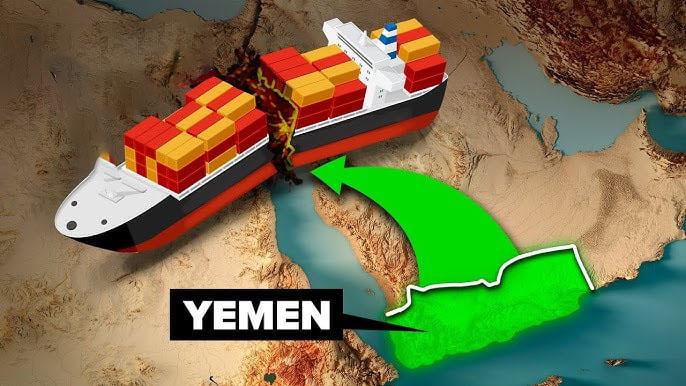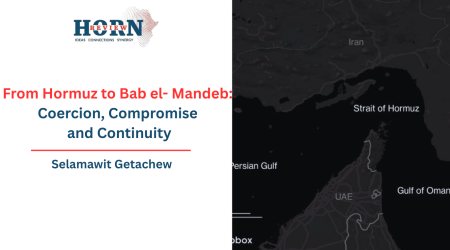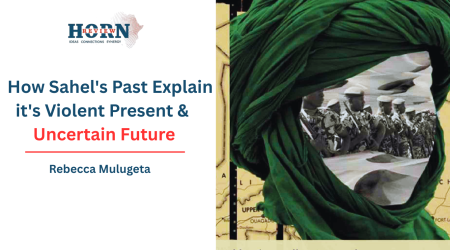
3
Sep
The Burning Passage: The Weaponization Of A Trade Route
In the tragicomic of modern conflict, where geopolitical grudges play out with devastating consequences, the latest act features two unlikely lead actors, Israel and the Houthis of Yemen. Their escalating duel of drones and missiles, a bloody sidebar to the war in Gaza, is no longer a regional spat. It has morphed into a spectacularly irresponsible game of maritime , played in the crowded shipping lanes of the Red Sea ,a corridor upon which the global economy’s digestion depends. And frankly, the world is getting indigestion.
The latest volley saw Israeli strikes hammer Sana’a, reportedly targeting power plants and a fuel depot in retaliation for Houthi missiles lobbed toward Israel. This tit for tat, which reads like a script for a particularly bleak satirical play, is achieving little militarily but is succeeding magnificently in one regard turning one of the world’s most crucial maritime highways into a potential parking lot for container ships and a shooting gallery for militias and navies alike.
Let’s be perfectly clear assigning a good guy badge in this fracas is a fool’s errand. The Houthis, who have unleashed a hailstorm of often erratic missile fire and seized commercial vessels under the thin veneer of Palestinian solidarity, are not noble freedom fighters they are destabilizing a waterway essential to global food and energy security. Meanwhile, Israel’s retaliatory strikes, while aimed at degrading Houthi capabilities, risk further entrenching the conflict, amplifying the very threats they seek to eliminate. It is a classic case of an action begetting an equal and opposite overreaction, with the world’s supply chains caught in the middle.
The Red Sea is not just a pretty blue line on a map it is the Suez Canal’s waiting room. Approximately 12% of global trade, including a staggering 30% of global container traffic, funnels through this narrow, precarious point. It is the express lane for goods shuttling between Asia and Europe. When this corridor gets a case of the hiccups, the entire global body feels the spasm.
Insurance premiums for vessels skyrocket to levels that would make a pirate blush. Shipping companies, not fond of having their multi million dollar assets used for target practice, are forced to take the scenic route around the Cape of Good Hope a detour that adds over 4,000 nautical miles and nearly two weeks to a journey, burning fuel, wasting time, and inflating costs on everything from electronics.
This isn’t a hypothetical economic model and it’s happening right now. The continued attacks have already triggered a significant rerouting of traffic. The combined forces of a militant group with a cache of Iranian weapons and a nation state with a sophisticated air force are effectively laying siege to a maritime commons. They are, in a display of myopia, collectively constructing a blockade against themselves and everyone else. The only thing they are solidifying is the resolve of international shippers to avoid the area altogether.
The Houthi slogan, painted on their flag, is God is the Greatest, Death to America, Death to Israel, Curse on the Jews, Victory to Islam. A rather comprehensive, if not particularly welcoming, mission statement. Yet, their actions are less a precise strike at their stated enemies and more a blunt instrument assaulting the global economy, harming nations and populations far beyond their intended targets. Conversely, each Israeli strike, while framed as necessary self-defense, expands the conflict’s perimeter, ensuring the Houthis have a fresh pretext to continue their naval harassment, thus perpetuating a vicious and utterly predictable cycle.
The path they are on is a dead end paved with sunken ships. If this irresponsible pas de deux continues, the Red Sea corridor risks becoming a semi permanent danger zone. The result won’t be victory for either side but a shared legacy of economic disruption a self inflicted wound on global trade that will hurt vulnerable, import dependent nations the most. The only thing being effectively blockaded is common sense. One can only hope that before the corridor closes for good, cooler heads prevail, and the world tells the belligerents to take their theatrics elsewhere. The stage of the Red Sea is already occupied, by the serious business of global stability.
By Samiya Mohammed, Researcher, Horn Review
Further Reading
Bowman, L. How Houthi attacks in the Red Sea impact global trade. Lloyd’s List Intelligence. https://www.lloydslist.com/ll1139637/how-houthi-attacks-in-the-red-sea-impact-global-trade
International Monetary Fund. How Red Sea Attacks Are Adding to Global Economic Pressures. IMF Blog. https://www.imf.org/en/Blogs/Articles/2024/01/29/how-red-sea-attacks-are-adding-to-global-economic-pressures
The White House. Statement on Continued Houthi Attacks in the Red Sea Press release. https://www.whitehouse.gov/briefing-room/statements-releases/2024/01/17/statement-on-continued-houthi-attacks-in-the-red-sea/
UNCTAD Red Sea crisis and Panama Canal drought disrupt global trade. United Nations Conference on Trade and Development. https://unctad.org/news/red-sea-crisis-and-panama-canal-drought-disrupt-global-trade










